Home > Politics > Osun Governorship Election: Encouraging ...
Osun Governorship Election: Encouraging Signals, but no time for Complacency
By Nnaji | 25 Jul, 2022 10:06:22am | 50
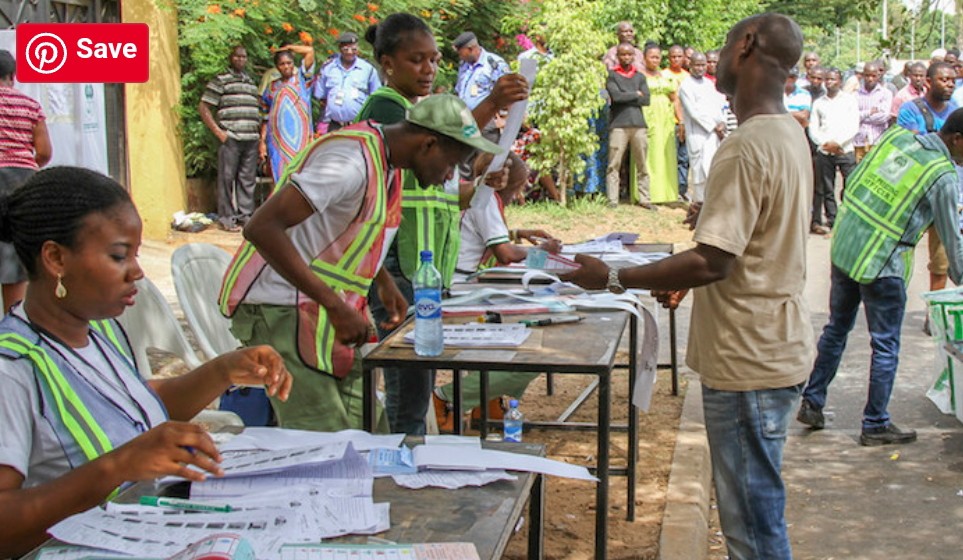
EDITORIAL
PREMIUM TIMES agrees that there is a reasonable basis to adjudge the Osun election as credible, and indeed, an improvement over the previous off-cycle governorship elections held in Anambra and Ekiti states.
Factoring emerging facts, the songs of success arising from the conduct of the Osun State governorship election, over which there have been victory dances by Ademola Adeleke, the Peoples Democratic Party (PDP)’s flagbearer, may not be mere fables.
The facts of the election held on Saturday, July 16 underscore its high rating on the credibility scale; although the All Progressives Congress (APC) and its candidate, incumbent Governor Gboyega Oyetola, have disclosed that they would challenge the outcome in court. The legal option, against recourse to violence, is welcome. Whatever the outcome, the arguments and decisions should enrich the volume of knowledge on electoral jurisprudence in Nigeria.
In line with the provisions of the Electoral Act 2022, however, the Independent National Electoral Commission (INEC) on Wednesday, July 20 presented the certificate of return to Governor-elect Ademola Adeleke, who polled 403,371 votes to Oyetola’s 375,027 and additionally scored the majority of votes in 17 out of the state’s 30 local governments. The PDP thus added six to the 11 local government areas it won in 2018, whereas the All Progressives Congress (APC) slipped from 16 to 13. That Adeleke won with about 30,000 votes also affirms the two-horse-race tradition of gubernatorial contests in Osun State. In the reverse situation in 2018, it was Oyetola who triumphed with about 500 votes.
The aggregate of opinion by election monitors and observers drawn from over 80 Nigerian civil society groups and foreign governments and international development partners, the security agencies and INEC, was that there was impressive management of the elections, particularly as it was not marred by widespread violence. They, therefore, contend that the result reflected the wishes of the people.
PREMIUM TIMES agrees that there is a reasonable basis to adjudge the election as credible, and indeed, an improvement over the previous off-cycle governorship elections held in Anambra and Ekiti states.
With regards to the management of the process, electoral materials were deployed in a timely manner, such that accreditation and voting commenced early, and voting concluded within the scheduled period, except for a few instances where delays were occasioned by the Bimodal Voter Accreditation System (BVAS) machine problems. According to the INEC Resident Commissioner in Osun State, Professor AbdulGaniyu Raji, results from all the polling units had been electronically transmitted by 7 p.m. and before midnight INEC had the results from all the 30 local governments on its portal.
In percentage terms, Yiaga Africa, in its ‘Process and Results Verification Statement on the 2022 Osun Gubernatorial Election’, released a day after the election, said INEC officials had arrived at 78 per cent of polling units by 7.30 a.m. and that by 9.30 a.m., accreditation and voting had commenced in 96 per cent of polling units. Regarding the deployment of the Bimodal Voter Accreditation System, which enabled either fingerprint or facial accreditation of voters, the statement said that the technology functioned properly in 92 per cent of polling units, leaving only 7 per cent of polling units where the BVAS malfunctioned and got fixed, and 1 per cent of the polling units, where it malfunctioned and was replaced.
The security of the elections was also highly rated. The Election Security Support Centre (ESSC) of CLEEN Foundation, one of the monitoring and observer civil society groups, in its report, commended the early arrival of security agents to the various polling units, stating that 83.9 per cent of the polling units had adequate security personnel across the 30 local government areas in the state. CLEEN observed that in line with transparency best practices, 92.9 per cent of the security agents wore easily identifiable nametags and a majority of them were said to have conducted themselves professionally.
It is significant that the Osun governorship election witnessed a higher turnout of voters, in comparison with the same exercise in 2018 when the total votes cast for 48 candidates was 769,495. In the July 16 election, about 823,000, out of the 1,992,000 who registered and the 1,400,00 who collected their PVCs, voted for 15 candidates. In essence, more people voted for fewer candidates in 2022, whereas fewer people voted for more candidates in 2018, even though in percentage terms the number of those who voted represented about 42 per cent, compared with about 46 per cent in 2018 when, however, fewer people registered, at about 1.7 million. Meanwhile, Adeleke and Oyetola improved on their total share of the votes from about 600,000 in 2018 to over 700,000 in 2022.
PREMIUM TIMES commends INEC and the civil society groups who engaged in intensive voter education; the political parties and their members who campaigned across the nooks and crannies of the state; the Federal Government, which deployed adequate security personnel and the enthusiastic citizens, for this feat.
No election can however be perfect, and the Osun governorship election has not been an exception. Indeed, despite the general accolades, there were noticeable blotches whose root causes need to be addressed, with INEC now faced with the greater task of conducting the 2023 general elections in which the president, at least 29 state governors, hundreds of senators, federal representatives and State Houses of Assembly members would be elected. Obviously, the huge logistics, higher number of electoral and security personnel, etc., that will be required cannot be compared with that of an election conducted in a single state. Indeed, it is hard to imagine that as many as 20,000 policemen would be deployed to each state during the 2023 general elections.
Electoral violence was a major drawback to the Osun election. Supporters of the political parties, especially the PDP and the APC, were involved in violent clashes before, during and after the elections, which claimed some lives and thus made a mess of the peace accord signed by the candidates of the parties a few days to the election. The National Peace Committee, initiators of the commendable idea, should learn from this development and bring forward the peace signing ceremony to the commencement of campaigns so that violators can be held accountable. The guarantee of electoral security is, however, not a responsibility that a peace committee can shoulder alone. There is therefore the imperative for the passage of the bill establishing the National Electoral Offences Commission, which will have its own full complement of police officers, including detectives, who will be properly suited to deploy appropriate intelligence to apprehend and prosecute perpetrators of electoral violence.
The functions of the Electoral Offences Commission will also include the arrest and prosecution of vote buyers and vote sellers, whose conducts were another blot on the Osun governorship election. According to witnesses and observers, both the PDP and the APC parted with between N2,000 and N5,000 to induce voters, and only a few of the perpetrators were apprehended. Yet, Section 22 of the Electoral Act, states that:
Any person who –
(a) is in unlawful possession of any voter’s card whether issued in the (name) of any voter or not; or
(b) sells or attempts to sell or offers to sell any voter’s card whether issued in the name of any voter or not; or
(c) buys or offers to buy any voters’ card whether on his own behalf or on behalf of any other person, commits an offence and is liable on conviction to a fine not more than N500,000 or imprisonment not more than two years or both.
While more sensitisation and enlightenment are needed to discourage citizens from trading their voting rights for money, subjecting the offenders to trial and conviction could serve as an effective deterrent to these practices. INEC should therefore take this responsibility much more seriously by enforcing the above provisions of the Electoral Act, while advocacy for the Electoral Offences Commission continues.
INEC should also understand that incidents that may be deemed minor in a single election could become major by the time they are aggregated in a general election. In this regard, the electoral umpire should, among others, take proper stock of the reported incidents, including the malfunctioning of the BVAS machines in the Osun election and put far-reaching measures in place to address these lapses. Having succeeded so far, INEC should expect higher expectations of it in 2023 and avoid the pitfall of complacency.
PREMIUM TIMES

Leave a Reply
Your email address will not be published. Required fields are marked *
Category
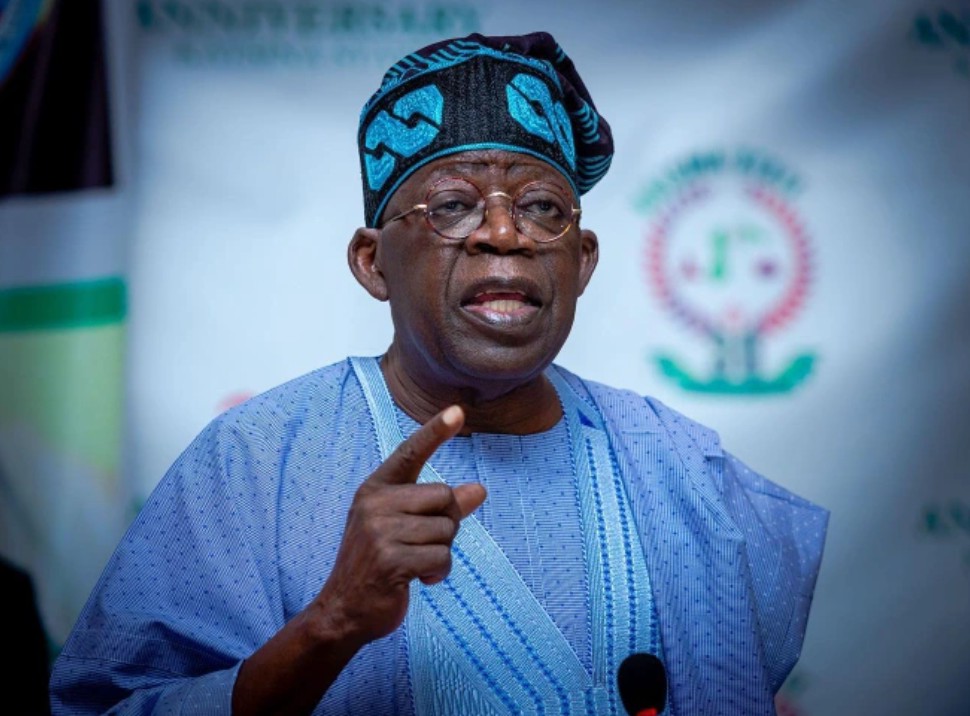 Politics
Politics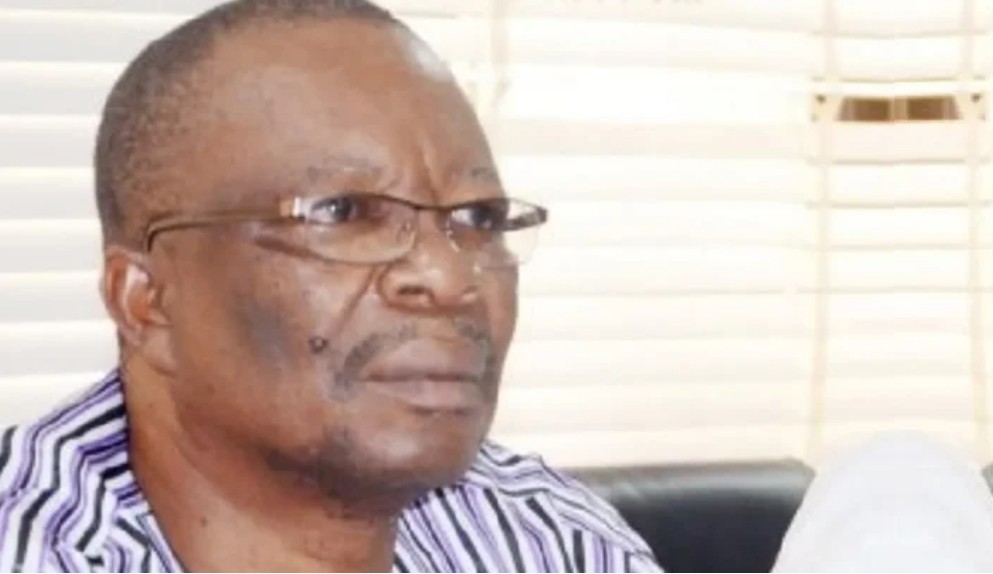 Education
Education 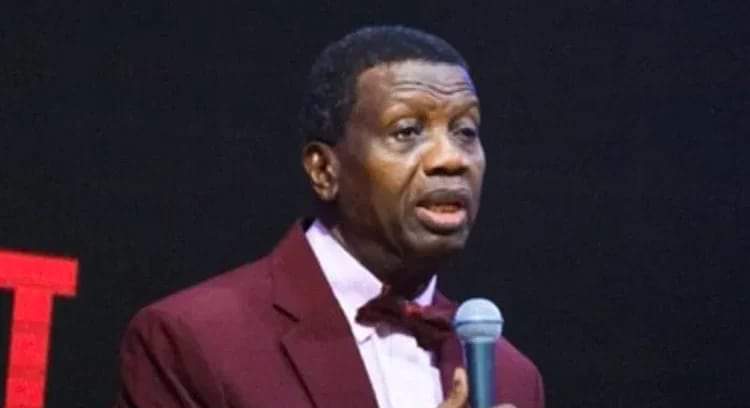 Religion
Religion  Opinion
Opinion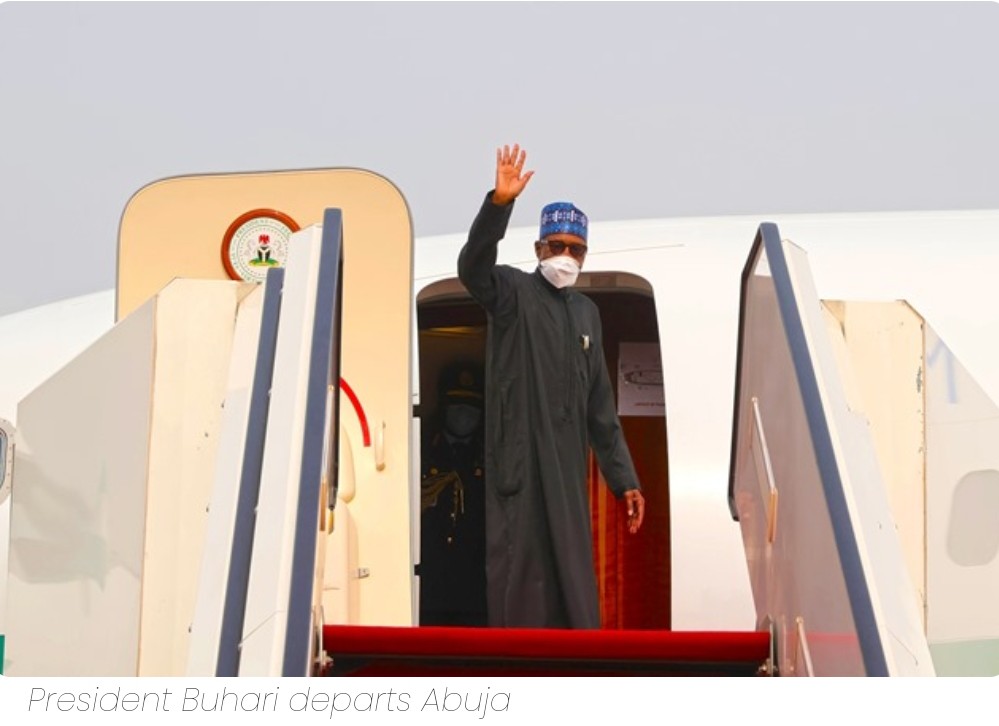 Culture & Tourism
Culture & Tourism Crime & Security
Crime & Security Sports
Sports  Business & Economy
Business & Economy.jpeg) Interviews
Interviews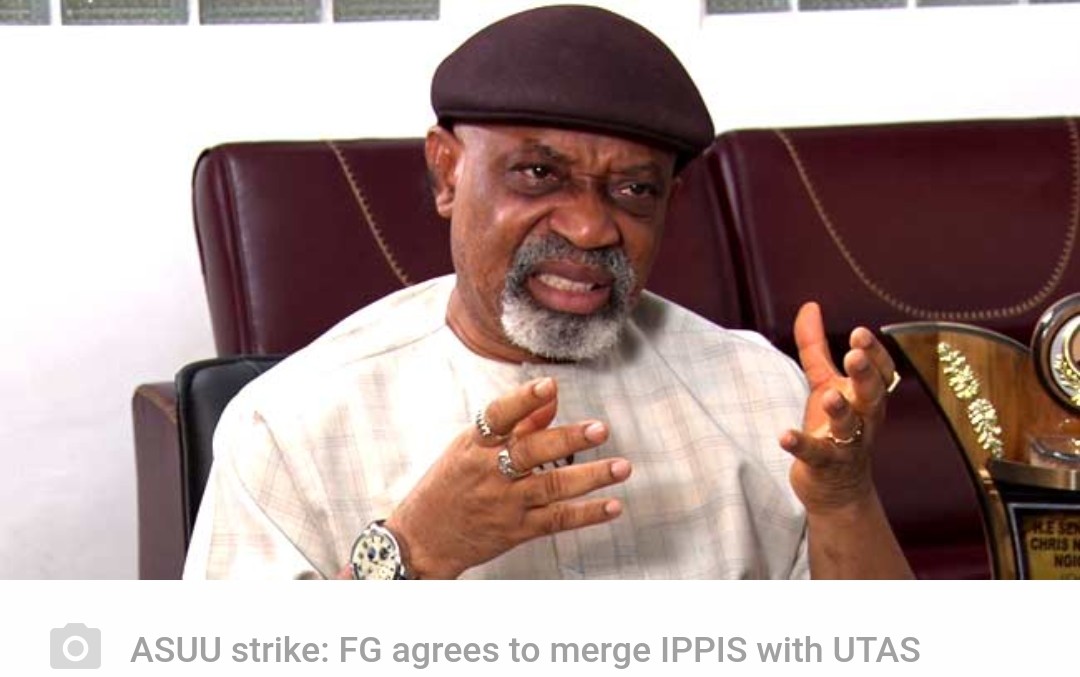 News
News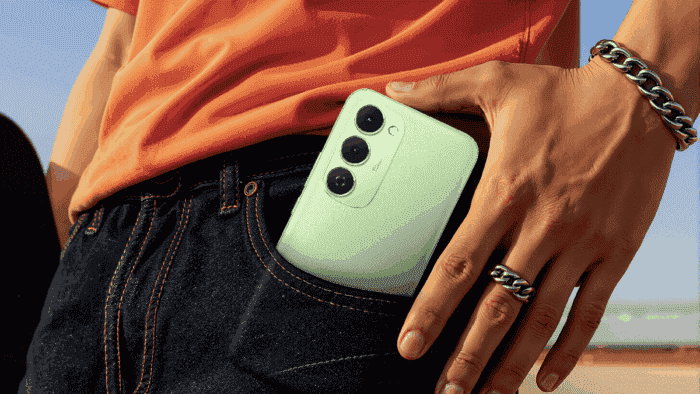 Technology
Technology Health
Health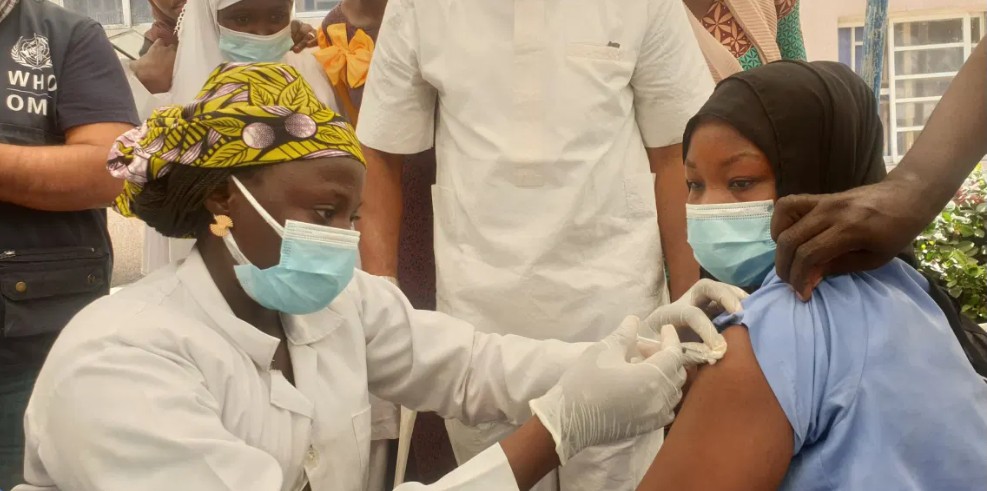 Entertainment
Entertainment